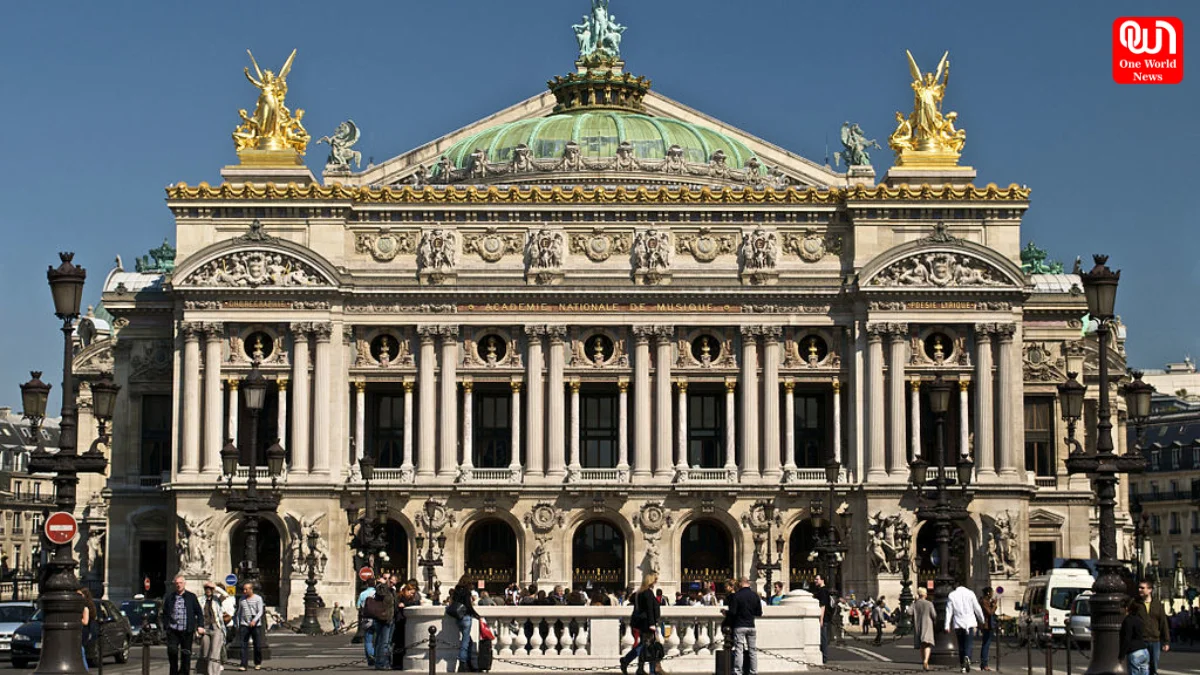The Evolution of Opera: A Historical Perspective
Celebrating the majestic world of opera, honoring its rich history, and showcasing its transformative power to unite and inspire audiences worldwide.
The Opera is a Wonderful Place, but it’s not where you’ll Find the Ordinary
As we celebrate National Opera Day, A historical view of Operas Development. Examining the lengthy history of this magnificent art form is crucial as we commemorate National Opera Day because of advances in culture, society and technology. Opera has experienced tremendous change over the ages.
The Impact of Opera on Society
Opera has significantly impacted politics, culture, and societal values over the course of its history. Opera has offered a platform for social critique, discussion, and analysis. For instance Mozarts the Marriage of Figaro parodied the nobility while Verdis La Traviata tackled the problem of prostitution.
Ancient Roots (16th – 17th Centuries)
The combination of poetry, drama and music gave rise to opera in Italy in the late 16th century. Jacopo Peri wrote his first opera Dafne in 1597. During this early stage the fundamental components of opera- singing, acting and orchestral accompaniment- were developed.
Baroque and Classical Periods (17th – 18th Centuries)
The aristocracy began to enjoy opera as a king of entertainment as it expanded throughout Europe. Two composers that presented vocal masterworks were Claudio Monteverdi and George Frideric Handel. During the classical era, opera buffa, a genre that emphasized comedy through an intelligent style, emerged.
Romanticism and Versimo (19th – 20th Centuries)
In the 20th century, opera continued progressing by including new themes and musicals as well as adopting new technology. The boundaries of the art form were pushed by composers such as John Adams Philip Glass and Benjamin Britten. The art form of opera is still alive and well today with new productions and works appearing all over the world.
Read more: Delhi Assembly Elections 2025: 60.4% Voter Turnout, Lowest Since 2008
The Future of Operas
Opera faces new opportunities and challenges as it keeps developing. Thanks to progress in digital technology, opera is currently more available than ever via live streaming and online archives. This, however, has sparked concerns regarding the fall of classic opera venues.
The development of opera showcases the lasting influence and significance of this art form. From its beginnings in 16th century Italy to its present worldwide influence, opera has constantly evolved, created, and motivated. On National Opera Day, we pay tribute to the vibrant history of opera while anticipating its promising future and the continuous development of this splendid art form.
Like this post?
Register at One World News to never miss out on videos, celeb interviews, and best reads.








